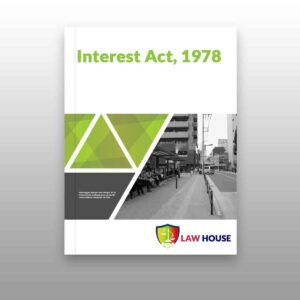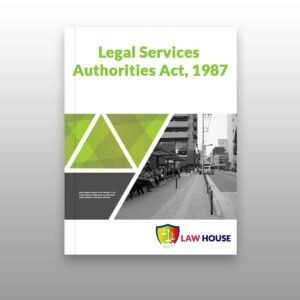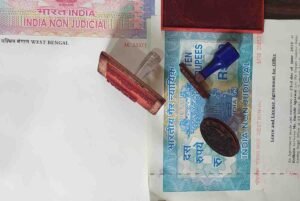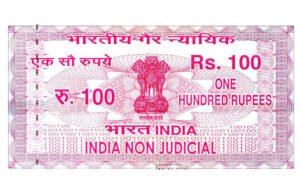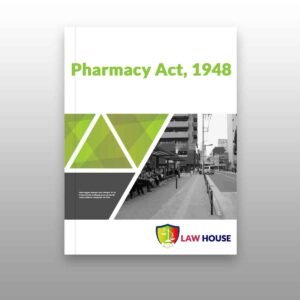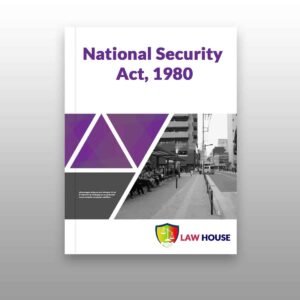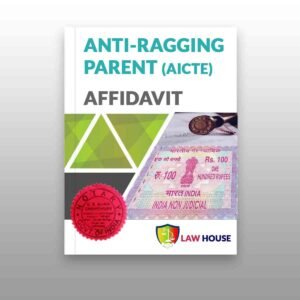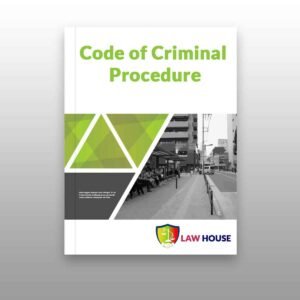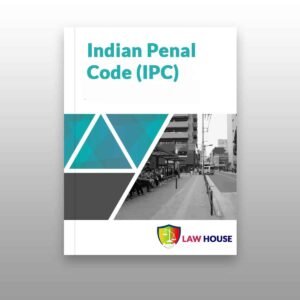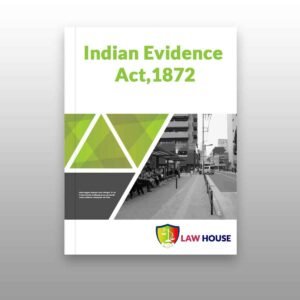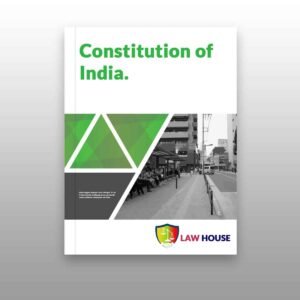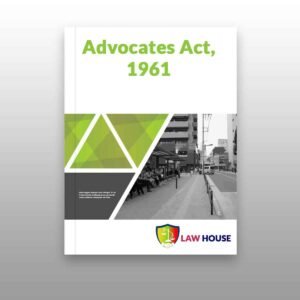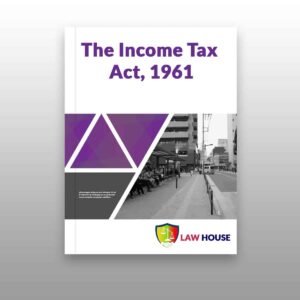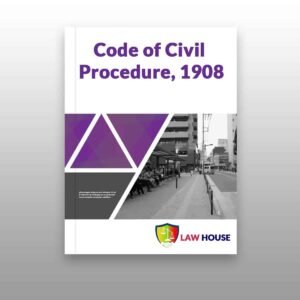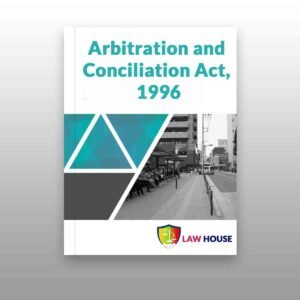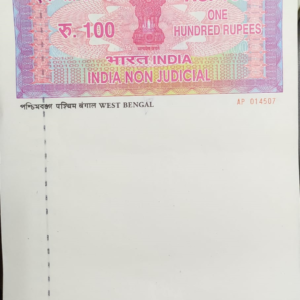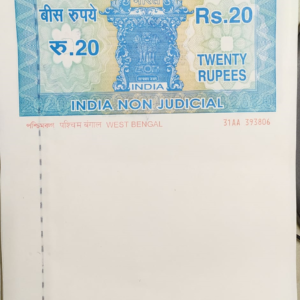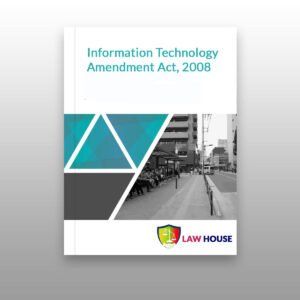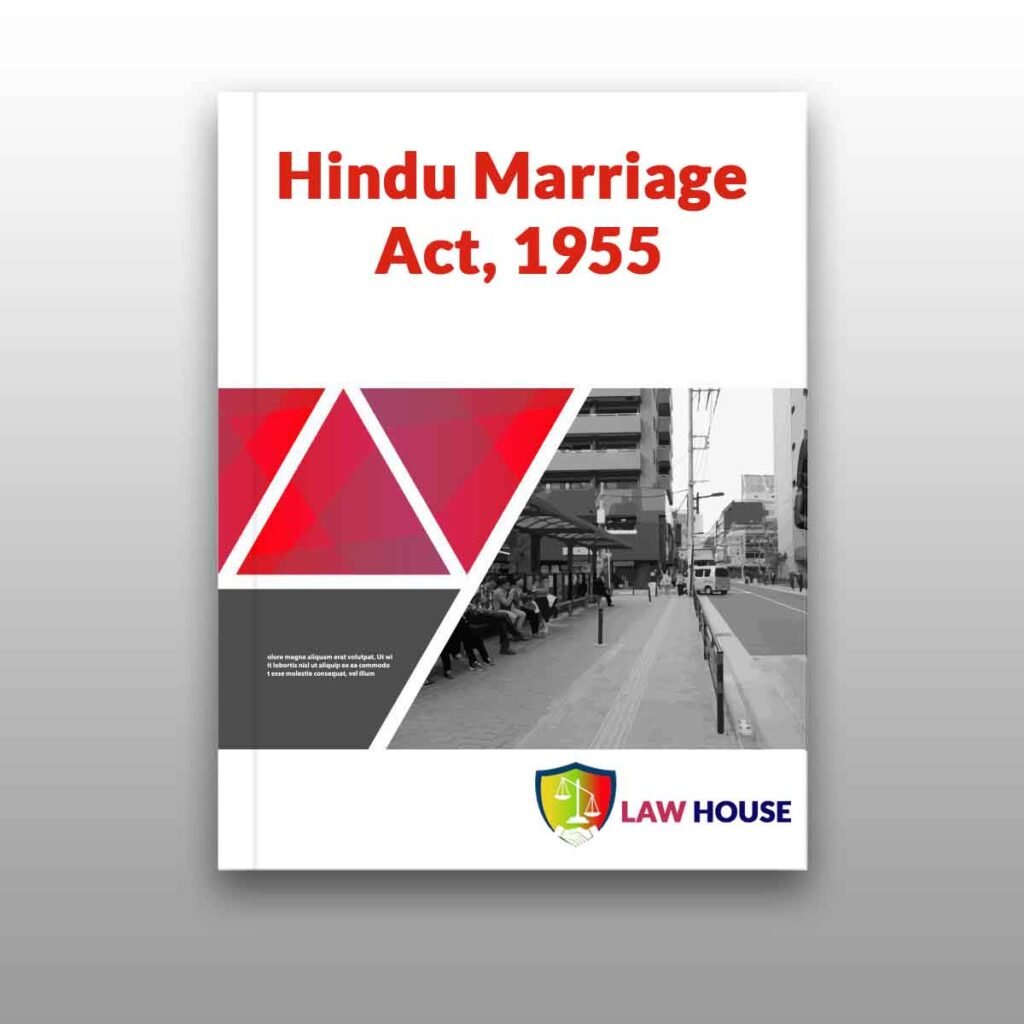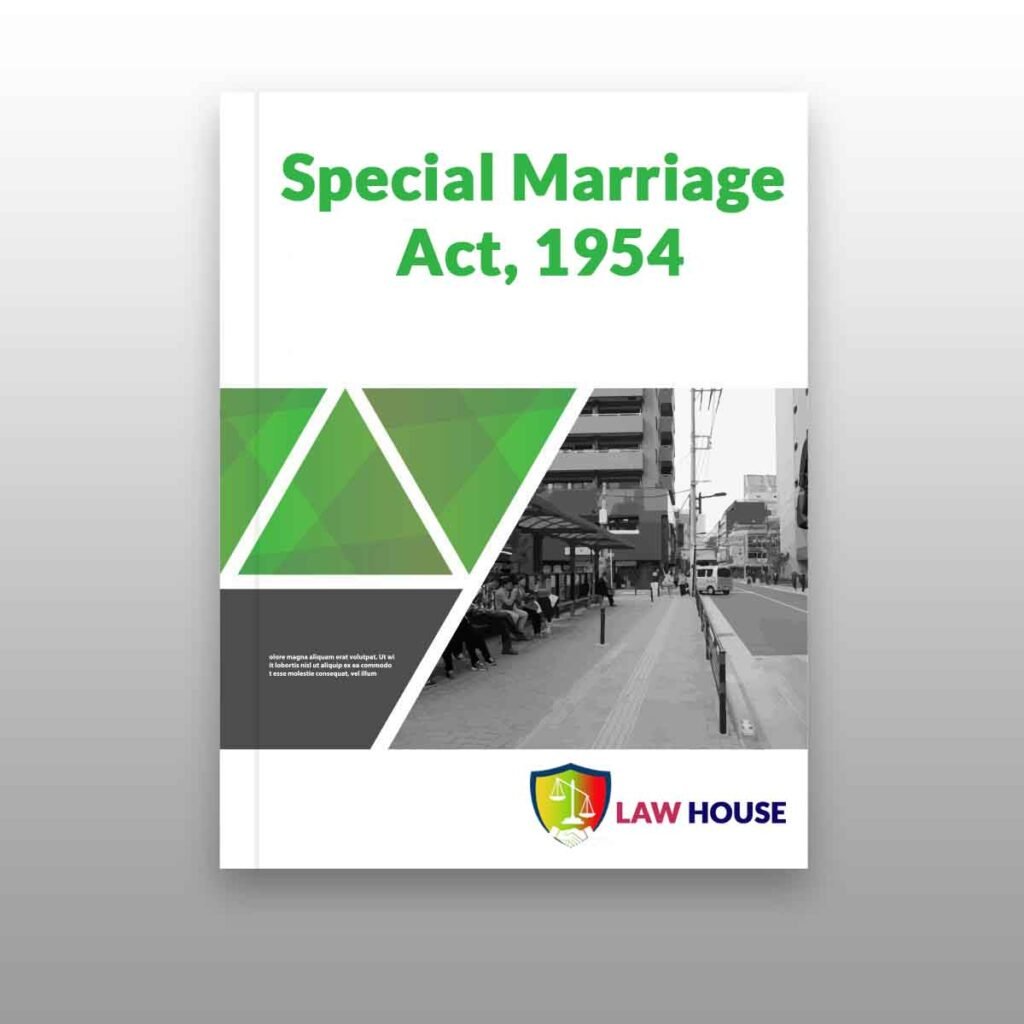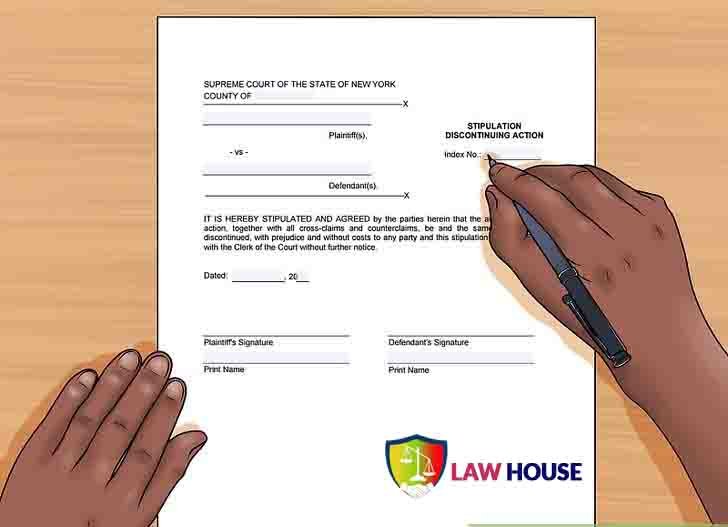Divorce, also known as dissolution of marriage, is the process of terminating a marriage or marital union. Divorce usually entails the canceling or reorganizing of the legal duties and responsibilities of marriage, thus dissolving the bonds of matrimony between a married couple under the rule of law of the particular country or state. Divorce laws vary considerably around the world,[ but in most countries divorce requires the sanction of a court or other authority in a legal process, which may involve issues of distribution of property, child custody, alimony, spousal support. This article will guide you and describe the whole process of how to obtain Mutual Divorce or Divorce by mutual consent in India.
Mutual consent is generally defined as both the spouses agreeing for peaceful parting. The major prerequisite for the divorce is mutual consent of both husband and wife. If any of the spouses don’t give their consent they cannot be granted the divorce under mutual consent.
Procedure for Mutual Divorce
Husband and wife intending to dissolve the marriage legally are expected to wait for a minimum of one year from the date of marriage.
They have to prove that they are not living together for a period of one year or more before the filing of the petition for divorce. They should also show that during this period of separation both of them have not been able to live together as husband and wife.
Where to file the mutual consent divorce petition?
Divorce petition is filed in the family court of the district where both the husband and wife lived together which was their matrimonial home.
Are there different laws of divorce for different religion in India?
There are different laws of divorce for different religion. Hindus(which includes Sikh, Jain, Budh) are governed by Hindu Marriage Act,1955. Christians are governed by Indian Divorce Act-1869 & The Indian Christian Marriage Act,1872. Muslims are governed by Personnel laws of Divorce and also the Dissolution of Marriage Act,1939 & The Muslim Women (Protection of Rights on Divorce) Act,1986. Similarly, Parsis are governed by The Parsi Marriage & Divorce Act-1936. And there is also a secular law called Special Marriage Act,1954.
How to file divorce petition by mutual consent ? What happens in the court?
The divorce petition is in the form of affidavit, which is to be submitted to the family court. After the filing of the petition and recording the statement of both the parties, the court generally adjourns the matter for a period of 6 months. After six months the parties have to present themselves again in the court for making a second motion confirming the mutual consent filed earlier. It is only after this second motion that a decree of the divorce is granted by the court.
APPEAR FOR SECOND SESSION
After 6 months of the first motion or by the end of the reconciliation period, if both parties still don’t agree to come together, then the parties may appear for the second motion for the final hearing. In a recent judgement, the Supreme Court has categorically stated that the six months period is not mandatory and can be waived off depending upon the discretion of the court.
DIVORCE IS GRANTED?
In the final step divorce decree is granted by the court after hearing both the parties.
Procedure for Mutual Divorce
1. Filing the Petition
The husband and wife will both need a lawyer to handle the matter of the divorce. The lawyers will have them file for the divorce at one of the following places:
1. Where the two last resided.
2. Where the two were married.
3. Where the wife currently resides.
Documents Required
1. Address proof of husband and wife
2. Marriage certificate
3. Passport-sized photographs
4. Evidence proving separation for over a year
5. Evidence proving failed reconciliation attempts
6. Income tax returns
7. Details of assets owned by husband and wife, both jointly and individually.
The parties need to agree on the following before filing for mutual divorce-
You and your spouse must decide who will get custody of the child/children, or if custody of the child/children is to be shared. Either arrangement will be agreed to by the court, so long as it’s been mutually agreed to.
ALIMONY
The second most critical part of mutual divorce is to agree on the alimony amount. Alimony is the payment given to one spouse by the other as maintenance. The parties need to agree on this before filing the divorce petition.
RETURNS OF ITEMS
In the course of a marriage, much is interchanged. Both parties may invest in a property that is only in the name of one spouse; the jewellery of the wife may be in the possession of the husband. For a divorce to be mutual, all of this needs to be submitted independent of the courts.
LITIGATION EXPENSES
The couple should also decide on how would they like to divide their litigation expenses.
Frequently Asked Questions:
1. Can either party withdraw the petition for divorce?
During the six months after the filing of the first petition, either spouse is at liberty to withdraw the petition. However, once six months have elapsed, it is necessary for the couple to jointly withdraw their consent to the divorce petition.
2. Can a party marry to another person without getting divorce?
To remarry, getting divorce is a pre-condition. If you remarry without getting divorce then it is a punishable offence with 7 years imprisonment.
3. Is appearance of parties necessary for obtaining divorce decree?
In most cases, parties are required to be present before the court during first and second motion. Only in rare cases, camera proceedings may be allowed where the courts are convinced that the attendance of the party in question cannot be arranged by all possible means and it is totally on the discretion of the court to allow it.
4. Is the statutory cooling off period for six months mandatory?
No, the statutory cooling off period for six months is not mandatory. If the court deems fit, then it can waive off this cooling period. This implies that if the couple has mutually decided to dissolve their marriage, they can request the court to expedite the process and not wait for another six months.
5. How is the issue of maintenance tackled in case of a mutual divorce?
In cases of mutual divorce, the divorcing husband and the wife are required to agree on the sum of alimony or maintenance which will be given either by the husband to wife or wife to husband as the case may be.
6. How is child custody decided in divorce matters ?
While obtaining divorce through mutual consent the parties are required to settle the issue of child custody. The spouse can opt for joint custody. Under this arrangement, one of the parent has the physical custody of the children and both of them have legal custody of the child.
7. What is the time taken in getting a divorce decree?
The entire process from the date of filing till getting the divorce can take around six months to one year.
8. What if one party does not consent to divorce ?
At the same time, there have been a lot of cases that come up when not all couples agree on the desirability, the grounds or the conditions for the divorce which in turn creates a trouble for the partner that is willing to start and file the petition.
9. Mutual consent divorce in case of court marriage
If you have done court marriage then mutual divorce will be governed by Section- 28 of The Special Marriage Act, 1954. In such a situation a petition for divorce may be presented before the district court by both the parties together on the ground that they are not staying together for over a period of one year now. They mutually agree that the marriage should be dissolved as they are unable to live together.
After six months of submitting the petition but not later than 18 months, the court after hearing both the parties and making enquiry as it deems fit can a pass a divorce decree stating that the marriage is dissolved from the date of the decree.
10. Mutual consent divorce between Christian Couple
Divorce of a christian couple is governed by the Divorce Act, 1869. Here the parties can mutually present the petition before the district court. In their petition they have to state that they have been staying away for a period of two years or more. They need to show that are unable to live together and want to mutually end the marriage. After the expiry of six months and before 18 months, if the court is satisfied after hearing both the parties, then it may pass the divorce decree.
11. What happens if the consent is taken by fraud or force for mutual divorce?
As per the Hindu Marriage Act Section- 23(1)(bb) the court is required to be satisfied that the consent for divorce under Section- 13-B is not obtained by force, fraud or undue influence. It is the duty of the court to figure out if the consent is obtained freely or under coercion. The option of appeal is available against the decree as there may be situations where the court may have failed to see that the consent was not given freely.
12. Do the divorce laws vary for different religions?
In India marriage and divorce are governed by personal laws. Hindus including Sikhs, Jain and Buddhists are governed by Hindu Marriage Act, 1955. Christians are governed by Indian Divorce Act, 1869. Muslims are governed as per Dissolution of Marriage Act, 1939. Parsis are governed by the Parsi Marriage and Divorce Act,1936.
13. How can NRIs get mutual divorce?
In case of divorce of an NRI couple, they can file a divorce petition in a foreign country under the laws where the party currently resides. It is imperative that the decree by foreign courts should not be inconclusive of Section- 13 of the Civil Procedure Code, 1908. In fact, if the divorce petition is filed in India where one of the parties is staying abroad then the court may permit for camera proceedings
How to Send Legal Notice for Divorce?











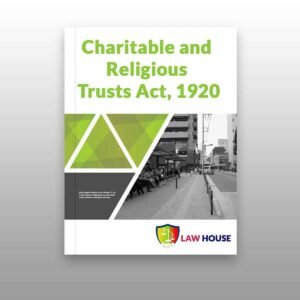
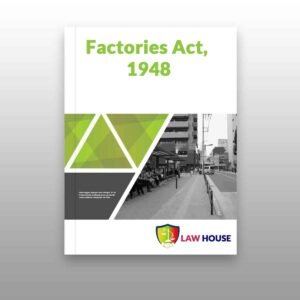
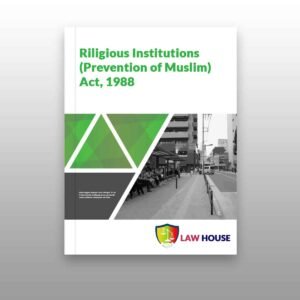
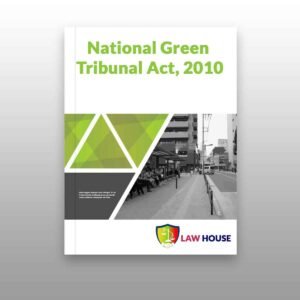
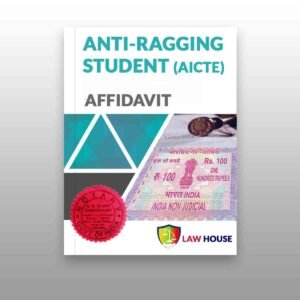
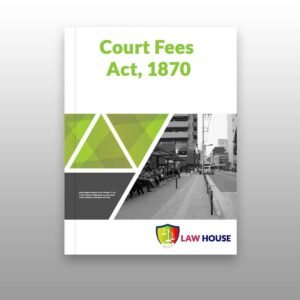

![Honey trap in Cybercrime: A to Z guide Exploring Honey Trap in Cyberspace [With Video]](https://www.lawhousekolkata.com/wp-content/uploads/Post-Images/Honey-Trap-300x169.jpg)




